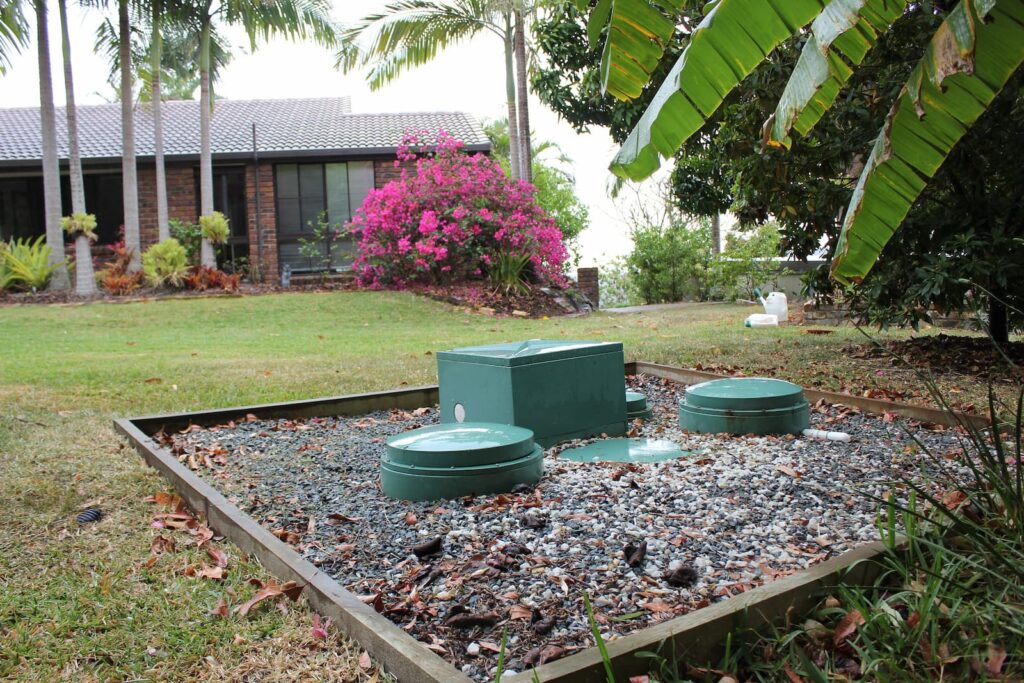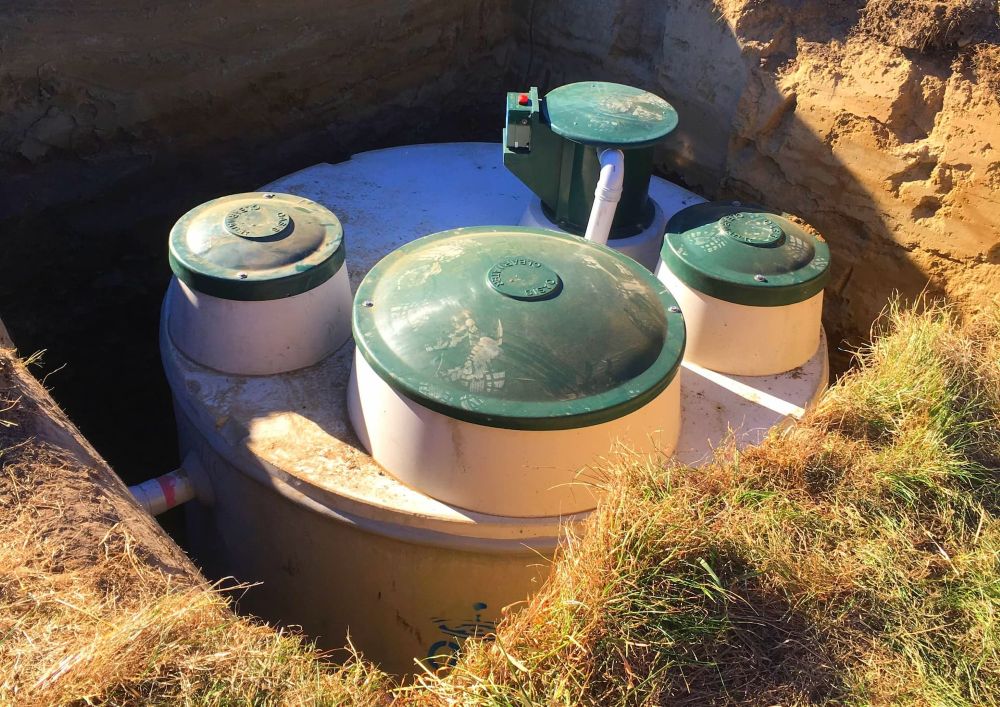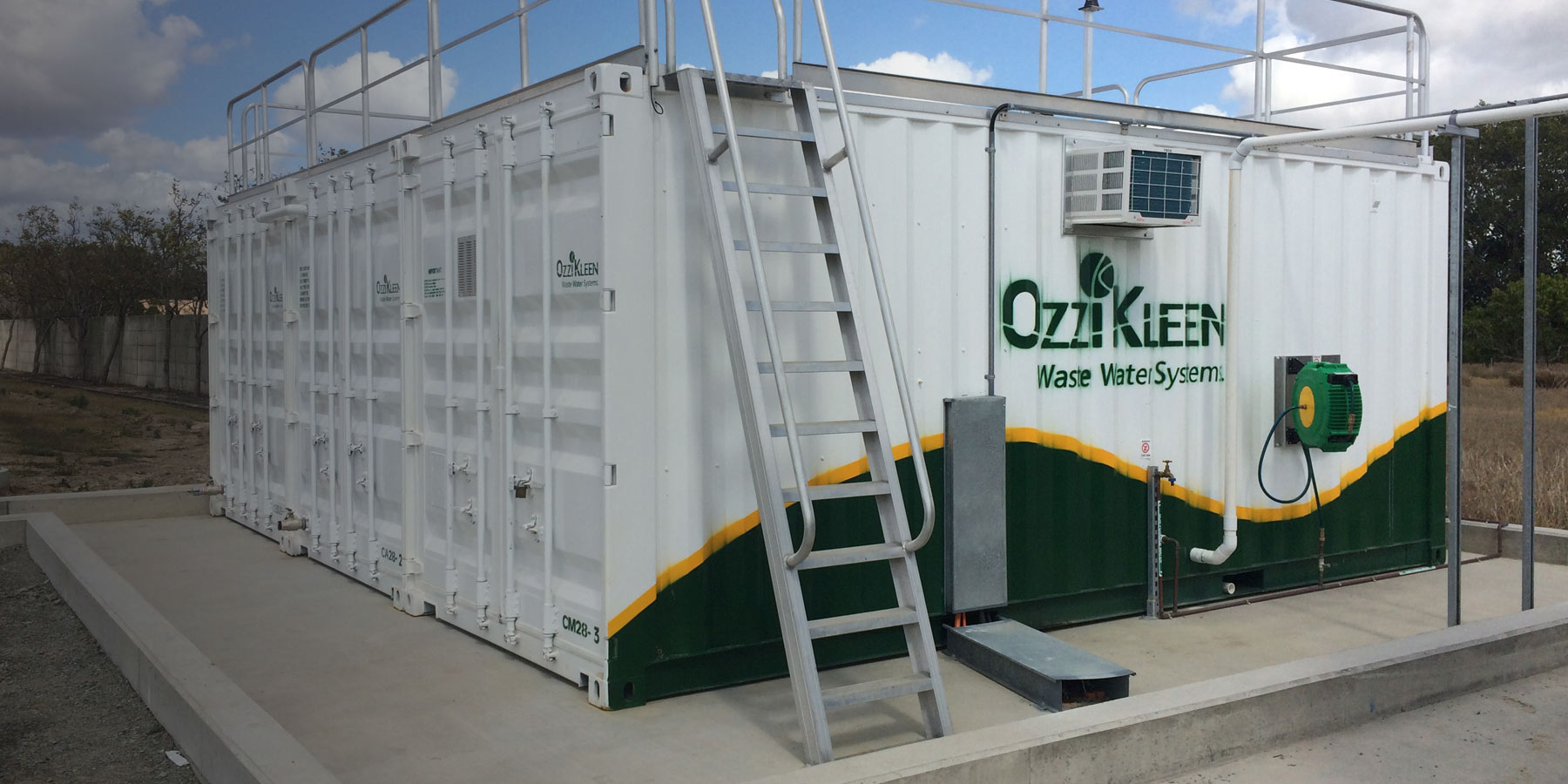Clean water is essential for every community, but for commercial and industrial operations, managing wastewater responsibly is critical for both compliance and sustainability. Businesses across New Zealand, from food producers and hotels to manufacturing plants, all generate wastewater that needs proper treatment before it’s reused or released into the environment.
That’s where commercial wastewater treatment systems come in. These systems are specifically engineered to remove contaminants, protect waterways, and ensure businesses meet strict environmental standards. Investing in the right system not only safeguards your reputation but also saves long-term costs through efficiency, reuse, and reliability.
Understanding How Commercial Wastewater Treatment Systems Work
A commercial wastewater treatment system is designed to handle larger volumes and more complex contaminants than domestic systems. Where household wastewater typically consists of organic waste, commercial effluent may contain grease, fats, detergents, chemicals, and suspended solids, depending on the business type.
Most systems operate in a series of stages:
- Pre-treatment removes large solids and debris through screens or filters.
- Primary treatment allows sediments and heavier materials to settle.
- Secondary treatment uses biological processes where bacteria break down organic pollutants.
- Tertiary treatment polishes the water through filtration, disinfection, or advanced processes like membrane separation or UV sterilisation.
Together, these stages transform wastewater into an environmentally safe discharge or even reusable water for irrigation or cooling. Modern systems integrate sensors, automation, and real-time monitoring to optimise flow rates, energy use, and chemical dosing — creating a balance between performance and sustainability.
Key Components and Technology Behind Effective Treatment
At the heart of every system are the mechanical and biological processes that make treatment possible.
- Aeration tanks provide oxygen for microorganisms that digest organic waste, keeping the biological stage active and efficient.
- Sedimentation chambers separate sludge and solids, preventing blockages and ensuring smooth downstream processing.
- Filtration and disinfection units act as the final safeguard, removing fine particles, pathogens, and trace contaminants to produce clean water.
Modern commercial wastewater treatment systems are increasingly designed with automation and data tracking in mind. Smart control panels can monitor water quality, flow rate, and equipment status in real time, allowing operators to make immediate adjustments and prevent failures.
This level of precision reduces downtime, saves energy, and extends the lifespan of system components, a valuable benefit for high-demand operations such as manufacturing plants, hotels, or food processing facilities.

Why Investing in Quality Wastewater Treatment Pays Off
For many business owners, wastewater treatment can feel like a regulatory obligation, but it’s much more than that. Investing in the right system is a strategic decision with measurable long-term benefits.
Environmental and legal compliance
New Zealand’s environmental regulations are strict, and non-compliance can result in heavy fines or even closure. A well-designed system ensures that every drop of wastewater meets discharge standards set by regional councils and the Resource Management Act. This not only protects local ecosystems but also shields your business from costly penalties.
Cost efficiency and resource recovery
Modern commercial wastewater treatment systems often include water reuse capabilities. Treated water can be redirected for irrigation, cleaning, or cooling, helping reduce fresh water use and utility bills. Some advanced systems even recover heat or produce biogas, turning waste into a renewable energy source that offsets operational costs.
Corporate responsibility and sustainability
Consumers and stakeholders expect businesses to operate sustainably. By treating wastewater responsibly, companies demonstrate a tangible commitment to environmental stewardship. This builds trust, strengthens brand reputation, and supports New Zealand’s broader sustainability goals.
Choosing the Right System for Your Business
No two operations are the same, and neither are their wastewater needs. The ideal system depends on the type of business, wastewater volume, available space, and budget.
Custom vs modular systems
Larger facilities may require custom-built plants tailored to specific industrial processes. Smaller businesses, on the other hand, can benefit from modular “package” systems that arrive pre-engineered and ready to install. These compact solutions offer impressive efficiency with minimal disruption.
The importance of expert design and servicing
Professional design and installation are non-negotiable. Poorly installed systems and septic tanks can underperform or fail prematurely, leading to higher maintenance costs. Regular servicing by qualified technicians ensures that your system stays compliant, efficient, and problem-free for years to come.
Partnering with experienced wastewater professionals gives you peace of mind that your system is built to New Zealand standards, properly maintained, and optimised for performance.
The Future of Commercial Wastewater Treatment Systems
Technology is transforming wastewater management across the world, and New Zealand is no exception.
The latest commercial wastewater treatment systems incorporate AI-based control systems that predict maintenance needs, self-regulate chemical usage, and automatically adjust aeration to match changing loads. New designs focus on energy efficiency, with improved membranes, low-energy blowers, and waste-to-energy processes that recycle sludge into usable power.
Sustainability is now at the forefront, not just as a regulatory requirement but as a core business value. By adopting advanced systems, companies can reduce their carbon footprint, achieve water independence, and future-proof their operations against rising environmental standards.
Work With Professionals Who Know Wastewater
Choosing the right wastewater treatment solution can be complex, but expert advice makes all the difference. Qualified specialists can assess your site, recommend efficient technology, and ensure your system stays compliant and sustainable long-term.
Modern commercial wastewater treatment systems continue to evolve, offering smarter, cleaner, and more energy-efficient ways to manage water responsibly. For New Zealand businesses, investing in proper wastewater treatment isn’t just about meeting regulations; it’s about protecting the environment and supporting a sustainable future.


